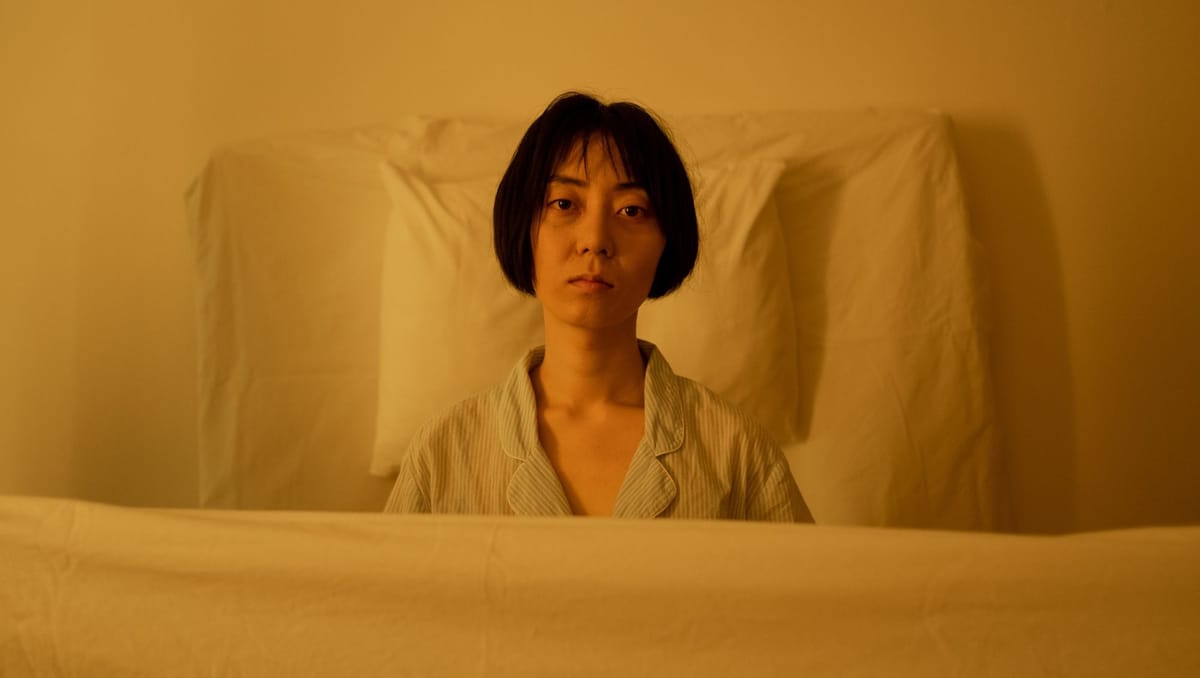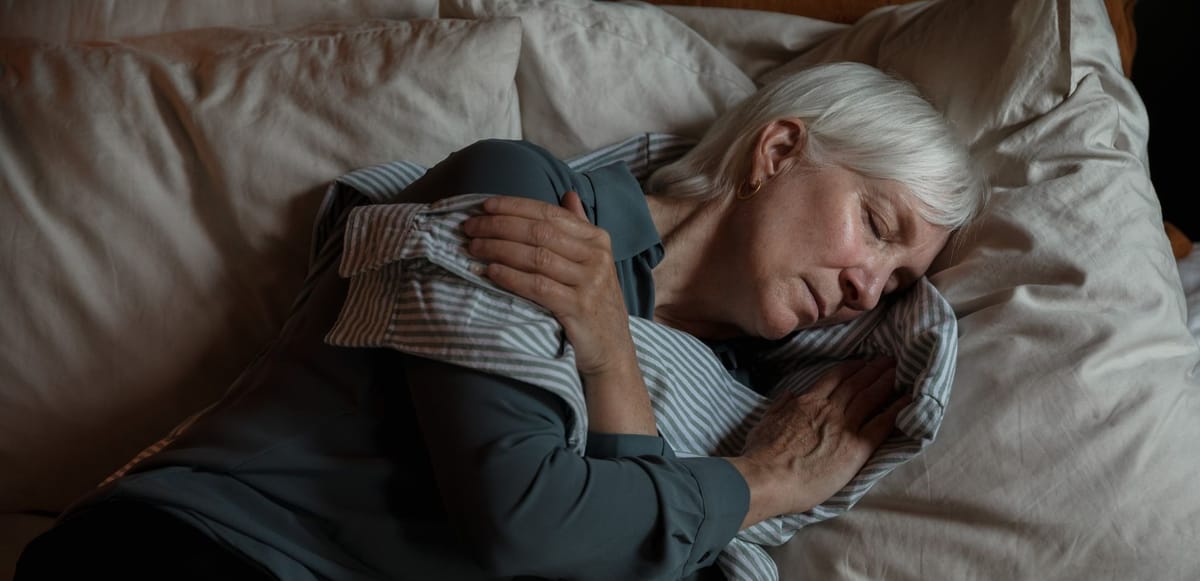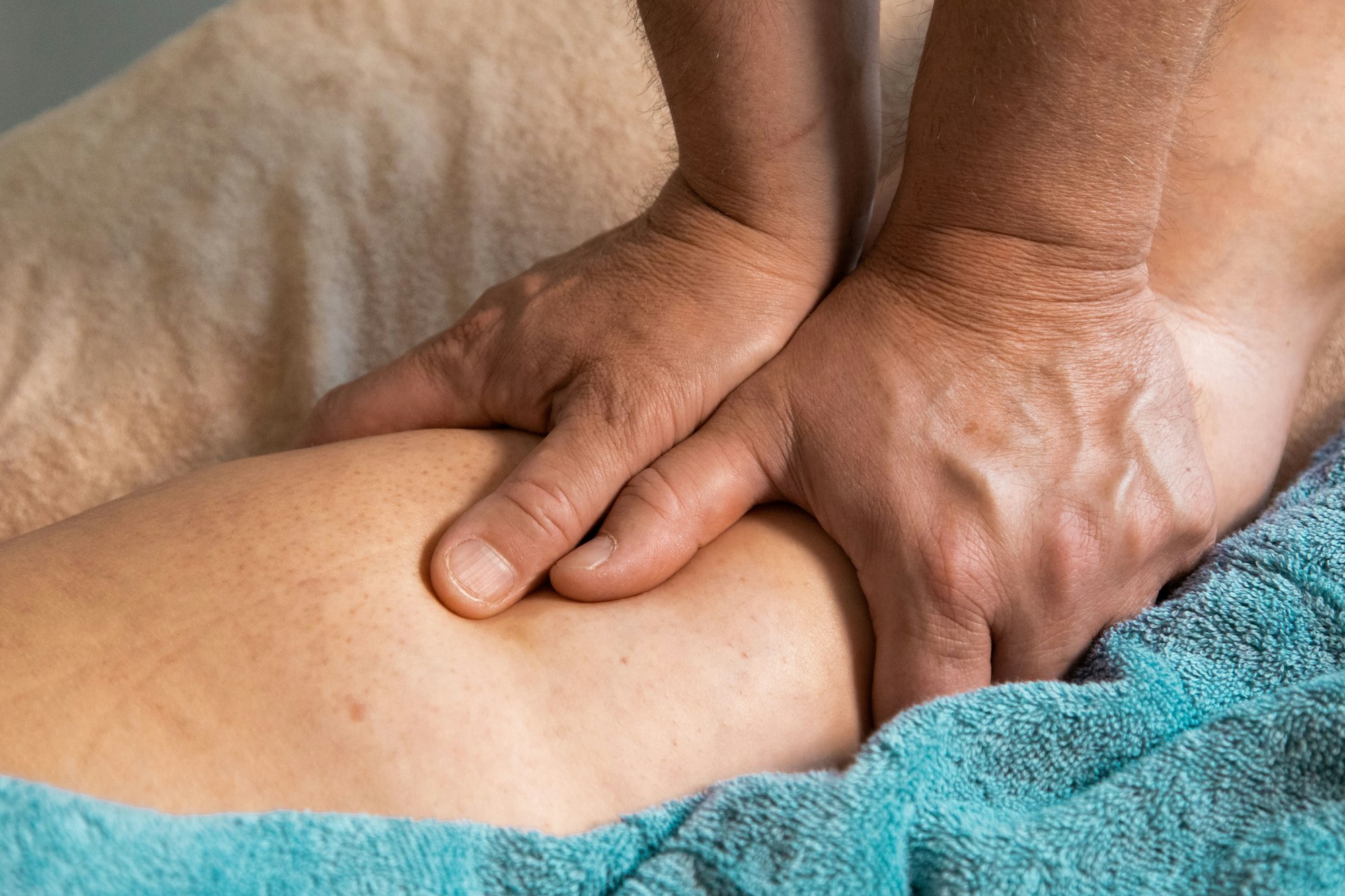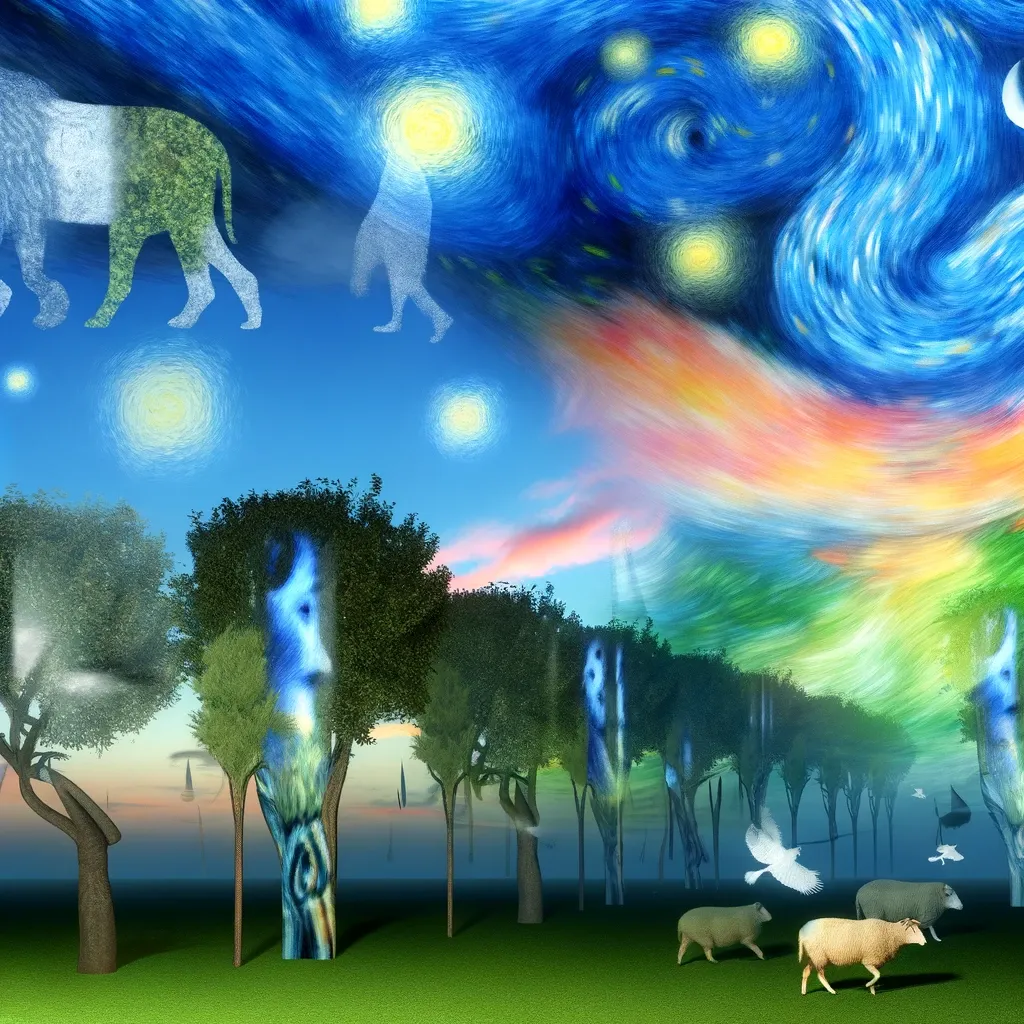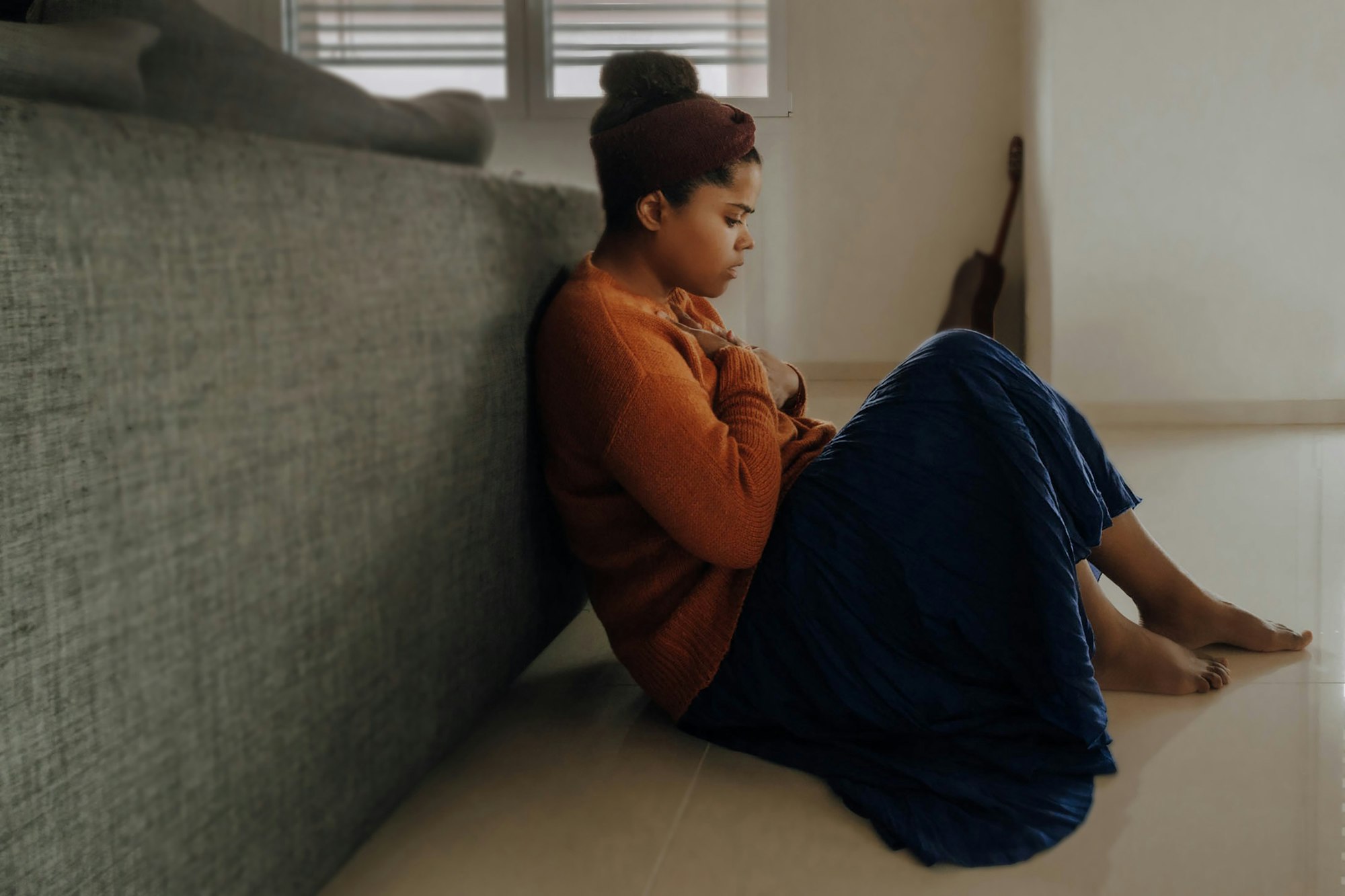Lack of Sleep: Does this Cause Hallucinations?
Lack of sleep can trigger hallucinations, especially after prolonged periods of sleep deprivation.Learn how sleep loss affects the mind and ways to prevent sleep-deprivation hallucinations.

Hallucinations are experiences that are perceived as real when in actuality they are created by the mind. They can be visual, auditory, or involve any of the other senses. Many people may mistakenly believe that hallucinations are only caused by drugs or mental illness, but there is mounting evidence that sleep deprivation can be a contributing factor as well. This guide seeks to explore this link between lack of sleep and hallucinations, with an emphasis on what causes them, their prevalence, and steps that can be taken to treat or manage them.
Sleep deprivation is a serious issue that has been linked to numerous health problems, including weakened immune systems, obesity, and mood disturbances. It also affects cognitive abilities, such as concentration and problem-solving. But perhaps one of the most concerning effects of sleep deprivation is its ability to create or exacerbate hallucinations. Chronic sleep deprivation can lead to severe psychological and perceptual effects, including visual distortions, illusions, and hallucinations, due to its impact on brain functioning and increased stress levels when we are lacking sleep.
Given the potential consequences of lack of sleep, it is important to gain a better understanding of how it can contribute to hallucinations. We will look at the different types of hallucinations, potential medical causes, and existing treatments. Lastly, we will discuss strategies for managing sleep deprivation-related hallucinations using self-care techniques.
Definition of Hallucinations
A hallucination is a false sensory perception. It occurs when the brain perceives something that is not actually present, such as seeing or hearing things that aren’t there. This can include visual hallucinations, where one sees things that do not exist, and auditory hallucinations, where one hears non-existent voices or sounds. This can happen to anyone, and can range from minor experiences to intense visions and/or sounds. Hallucinations can be frightening or amusing, but they are never a sign of mental illness.
Hallucinations differ from illusions, which are misperceptions of actual stimuli. For example, a person seeing a shadow moving in the corner of their eye may be experiencing an illusion rather than a hallucination. Delusions are false beliefs that cannot be changed by facts, while bizarre experiences are strange or unusual events that don’t fit into a known pattern.
What is Sleep Deprivation?
Sleep deprivation is a condition where a person does not get enough sleep. This can occur due to various reasons such as shift work, chronic pain, depression, stress, substance abuse, or other medical conditions. Getting too little sleep can have serious health consequences, leading to cognitive impairment, an increased risk of injury, weakened immune system, and even depression.
Not getting enough sleep can also increase the risk of developing certain mental health issues. Studies have found that sleep deprivation can reduce a person’s ability to function and cause them to become irritable, anxious, and depressed. Severe sleep deprivation has also been associated with an increased risk of developing psychosis and hallucinations.
Effects of Chronic Sleep Deprivation on Health
Studies have linked long-term lack of sleep with several health issues, including increased risk of heart disease, stroke, diabetes, and obesity. Inadequate sleep duration can also affect a person’s mental health, leading to a greater chance of developing anxiety, depression, and even schizophrenia.
Sleep deprivation can also lead to physical ailments, such as increased blood pressure, headaches, and fatigue. In addition, a lack of rest can have a negative impact on a person’s memory, reaction times, and concentration.
Prolonged Sleep Deprivation
Prolonged sleep deprivation can wreak havoc on both mental and physical health. When someone goes without sleep for an extended period, their brain’s ability to function properly is significantly impaired, leading to a range of cognitive and perceptual disturbances. One of the most distressing consequences of prolonged sleep deprivation is the onset of hallucinations, which can be visual, auditory, or a combination of both, severely disrupting daily life.
Research indicates that prolonged sleep deprivation alters brain activity, particularly in areas responsible for attention, perception, and memory. This can result in impaired cognitive functions, such as difficulties with concentration, memory recall, and decision-making. Additionally, prolonged sleep deprivation weakens the immune system, increasing the risk of chronic conditions like diabetes, cardiovascular disease, and obesity.
Addressing prolonged sleep deprivation promptly is crucial to prevent long-term health consequences. Practicing good sleep hygiene can significantly improve sleep quality and duration. This includes maintaining a consistent sleep schedule, creating a relaxing sleep environment, and avoiding stimulating activities before bedtime. By prioritizing these practices, individuals can mitigate the adverse effects of prolonged sleep deprivation.
Linking Lack of Sleep to Hallucinations
If you’ve ever felt like you’re seeing or hearing things that aren’t really there, it could be a sign of hallucinations. Hallucinations are sensory experiences which involve seeing, hearing, tasting, smelling, or feeling things that are not actually present. They often come on suddenly and may be the result of decreased or disrupted sleep.
Total sleep deprivation occurs when someone is getting too little quality sleep over multiple nights. It can be caused by any number of factors, including physical and mental health issues, change in environment, dietary changes, stress, medication, and genetics. When left untreated, sleep deprivation can lead to various health problems, including mood swings, difficulty concentrating, and even hallucinations.
Numerous studies have shown a strong link between lack of sleep and hallucinatory episodes. A 2016 study published in Sleep Medicine Reviews revealed that sleep deprivation causes reduced frontal lobe activation, which leads to heightened sensitivity to perceptual stimuli and an increase in dream-like visions and other types of hallucinations.
Another study published in Frontiers in Human Neuroscience found that prolonged sleep disturbances can induce altered awareness and vivid dreaming that may eventually lead to vivid false perceptions and hallucinations. The authors concluded that sleep-deprived individuals might be especially prone to distorted cognitive processes which can trigger hallucinations.
This link between lack of sleep and hallucinations has been further corroborated by a 2018 study published in Neuropsychopharmacology Reports, which showed that short-term sleep disruption can increase a person’s perception of the world around them. This suggests that lack of sleep can make an individual more likely to experience false perceptions and exhibit hallucinatory behavior.
Visual Hallucinations
Visual hallucinations are a common symptom of sleep deprivation, especially in cases of prolonged sleep deprivation. These hallucinations can range from simple shapes and patterns to complex images and scenes, often resulting from the brain’s attempt to fill in gaps in perception, leading to misinterpretation of sensory information.
Studies have shown that visual hallucinations are more prevalent in individuals who are sleep-deprived, particularly those who have been awake for 24 hours or more. These hallucinations can be distressing and significantly disrupt daily life, making it essential to address the underlying sleep deprivation.
In some instances, visual hallucinations may indicate an underlying sleep disorder, such as narcolepsy or sleep apnea. If you experience recurring visual hallucinations, it is crucial to consult with a healthcare professional to rule out any underlying sleep disorders. Addressing the root cause of sleep deprivation can help alleviate these unsettling experiences.
Possible Causes of Sleep Deprivation Visual Hallucinations
Hallucinations caused by sleep deprivation can result from a variety of underlying physiological and psychological factors. For example, the National Center for Biotechnology Information (NCBI) reports that a lack of sleep can lead to cognitive deficits, including impaired attention and concentration.
In some cases, people with pre-existing neurological conditions or mental health disorders may be more likely to experience hallucinations after periods of reduced or poor quality sleep. Further, research suggests that those with a history of trauma, mood disorders, anxiety disorders, and psychotic features may also be more likely to experience sleep deprivation-related hallucinations.
According to the NCBI, alterations in brain chemistry, especially imbalances in dopamine, serotonin, and glutamate, may also increase the risk of developing sleep-deprivation-related hallucinations. Other studies have found that those taking certain medications are also more prone to experiencing hallucinations as a result of poor sleep.
While the causes of sleep deprivation-related hallucinations remain largely unknown, research suggests that a combination of biological, psychological, and behavioral factors may play a role. Therefore, it is important to understand why someone is having difficulty sleeping, as there may be an underlying condition contributing to the hallucinations.
Prevalence of Sleep Deprivation Hallucinations
When it comes to sleep deprivation and its association with hallucinatory experiences, there is a growing body of research. Studies show that at least 25% of adults have experienced such hallucinations in their lifetime. Additionally, studies of psychiatric patients have found that over 60% reported one or more episodes of sleep-related hallucinations. Furthermore, research conducted with children suggests that up to 20% of them have experienced the same phenomenon.
Researchers believe that sleep deprivation-related hallucinations are more common than previously thought but remain under-reported due to the fear of being labeled as “”crazy””. There is still much to learn about the prevalence of these phenomena and how they may be affecting the daily lives of people around the world, especially those dealing with mental health problems.
The Role of Stress
Stress can have a significant impact on sleep and contribute significantly to auditory and visual hallucinations. The hormonal response to stress is associated with the release of cortisol, a hormone that can cause disruption in the body’s ability to fall asleep. This disruption can have a direct effect on the quality and amount of sleep resulting in a higher likelihood of experiencing hallucinations.
High levels of stress can also result in disrupted sleep patterns. When people are struggling with prolonged periods of high stress, they tend to rely on unhealthy coping strategies that may include drinking alcohol or taking drugs to help them relax. This can further disrupt their sleep and make them more prone to hallucinating.
High levels of stress can also result in disrupted sleep patterns, making it essential to get more sleep to manage stress effectively. When people are struggling with prolonged periods of high stress, they tend to rely on unhealthy coping strategies that may include drinking alcohol or taking drugs to help them relax. This can further disrupt their sleep and make them more prone to hallucinating.
Stress and sleep deprivation have also been linked to an increase in paranoia. When people are sleep-deprived, they often lack the mental clarity to properly interpret reality. This can lead to irrational thoughts and heightened suspicion of others, which can further contribute to hallucinatory experiences.
Finally, it has been observed that high levels of stress can elicit involuntary physical reactions, such as twitching or jerking movements. These involuntary reactions may be interpreted by an individual as an external force acting upon their body. As such, these reactions can be perceived as auditory or visual hallucinations.
Cognitive Function and Hallucinations
Sleep deprivation has a profound impact on cognitive function, particularly in cases of prolonged sleep deprivation. Hallucinations can exacerbate existing cognitive impairments, leading to difficulties in concentration, memory recall, and overall mental processing.
Research has demonstrated that sleep deprivation impairs cognitive function by reducing neuronal activity in the brain, resulting in slower reaction times and decreased accuracy. Hallucinations can further disrupt cognitive function by creating confusion and disorientation, making it challenging to perform daily tasks effectively.
In addition to cognitive impairments, hallucinations can affect emotional regulation, leading to increased stress and anxiety. Addressing sleep deprivation and associated hallucinations promptly is essential to prevent long-term cognitive and emotional consequences.
Practicing good sleep hygiene is a vital step in improving sleep quality and duration. This includes maintaining a consistent sleep schedule, creating a relaxing sleep environment, and avoiding stimulating activities before bedtime. Additionally, addressing underlying sleep disorders and seeking professional help when needed can help alleviate cognitive and emotional impairments associated with sleep deprivation. By prioritizing these practices, individuals can enhance their overall mental health and well-being.
Treatment Options for Sleep Deprivation Hallucinations
If you are experiencing hallucinations related to sleep deprivation, it’s important to work with your primary care doctor and a mental health professional to develop an appropriate treatment plan that ensures you get a good night's sleep. Treatment options for sleep deprivation hallucinations vary from person to person but generally include strategies that target cognitive, emotional, and behavioral aspects of the disorder.
Cognitive Behavioral Therapy (CBT) is a type of psychotherapy focused on changing maladaptive patterns of thinking and behavior in order to improve psychological well-being. During CBT sessions, individuals are encouraged to challenge their negative beliefs about themselves and the world around them. With a therapist’s guidance, individuals can learn to identify and reframe their distorted thoughts and develop problem-solving strategies. In addition, individuals can learn ways to manage stress and reframe relationships with family members or friends.
Relaxation techniques are also commonly employed in the treatment of sleep deprivation hallucinations. Examples of relaxation methods include progressive muscle relaxation, mindfulness meditation, guided imagery, and deep breathing exercises. Regular practice of these methods can help reduce anxiety and stress levels, allowing individuals to better manage the symptoms of hallucinations.
In addition to psychotherapy and relaxation techniques, medication may be prescribed to manage underlying conditions such as depression or anxiety that can contribute to sleep deprivation hallucinations. Selective serotonin reuptake inhibitors (SSRIs), antianxiety medications, and antipsychotics may also be prescribed to reduce emotional distress and minimize the frequency and intensity of hallucinations.
Self-Care Strategies for Sleep Hygiene
Self-care plays an important role in managing sleep deprivation-related hallucinations and addressing sleep problems. Taking care of yourself and maintaining a healthy lifestyle is paramount. Here are some tips for how to do that:
- Establish a regular sleep schedule and stick to it.
- Avoid caffeine and alcohol, as these can interfere with your sleep patterns.
- Practice relaxation techniques or meditation to lower stress levels.
- If necessary, talk to a doctor or therapist about medications or other treatments that could help.
It is also important to remember that managing sleep deprivation-related hallucinations includes both physical and mental health. Eating a balanced diet, exercising regularly, and getting enough rest are essential. If you feel overwhelmed or anxious, find ways to reduce your stress and take breaks throughout the day.
Conclusion
This guide has aimed to explain the relationship between lack of sleep and hallucinations, as well as presenting possible causes, treatments, and self-care strategies. It is important to understand this relationship in order to manage any negative outcomes that could arise.
The main takeaways from this guide are that lack of sleep can be a contributing factor to hallucinations, which can be caused by a variety of medical and psychological factors. Many people may experience sleep deprivation-related hallucinations, depending on their lifestyle and stress levels. Fortunately, there are various treatments available for managing these episodes. Self-care strategies such as establishing regular sleep patterns, avoiding caffeine and alcohol, and finding ways to reduce stress are all important steps in addressing this issue.
If you have experienced sleep deprivation-related hallucinations, it is important to speak to a qualified medical professional and discuss the best course of action for you. Remember that while hallucinations can be potentially distressing, there are ways to get help and manage them.
Having sufficient sleep is essential for proper functioning and good mental health.
